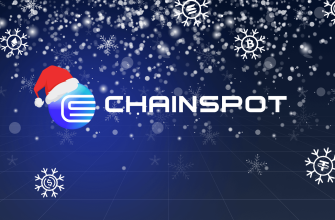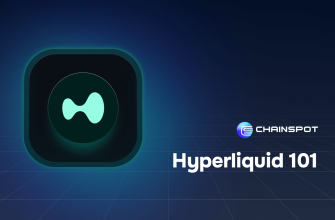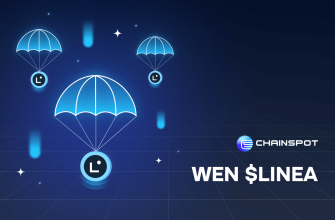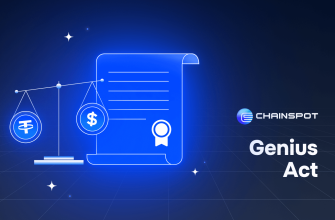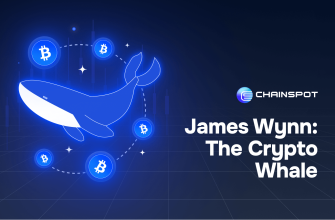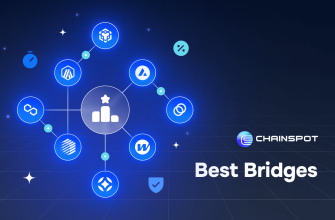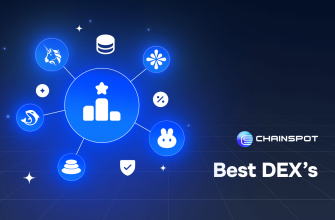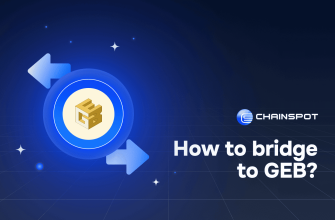As blockchain technology and decentralized systems evolve, new concepts are emerging that challenge traditional ways of organizing and governing. One of the most revolutionary ideas in the Web3 space is the Decentralized Autonomous Organization (DAO). This article will explore what DAOs are, their conceptual purpose, how they operate, and highlight some of the most successful DAO examples.
What is a DAO?
A DAO, or Decentralized Autonomous Organization, is an organization represented by rules encoded as a computer program that is transparent, controlled by organization members, and not influenced by a central government. DAOs are built on blockchain technology, which ensures that all decisions and transactions within the organization are recorded and immutable.
Unlike traditional organizations, which are typically managed by a central authority or board of directors, a DAO operates autonomously, with decisions being made through a decentralized voting process. The code and smart contracts underpinning the DAO dictate its operations, ensuring that decisions align with predefined rules.
The Conceptual Purpose of DAOs
The primary purpose of a DAO is to create an organization that operates without the need for centralized control. This decentralization is intended to enhance transparency, reduce the risk of corruption, and allow for a more democratic process where all members have a say in decision-making.
In the context of Web3, DAOs are particularly significant because they embody the principles of decentralization that underpin the entire ecosystem. They allow for the creation of decentralized communities that can manage their resources and make decisions without relying on traditional hierarchical structures. This can lead to more innovative, flexible, and resilient organizations that are better equipped to adapt to changing circumstances.
How Does a DAO Work?
At the heart of a DAO is a set of smart contracts – self-executing contracts where the terms of the agreement are directly written into code. These smart contracts define the rules of the organization and execute agreed-upon decisions automatically.
- Creation: A DAO is typically launched through an Initial Coin Offering (ICO) or a similar funding mechanism, where participants purchase tokens that grant them voting rights within the organization.
- Governance: DAO members use these tokens to vote on proposals. Depending on the DAO, votes might concern various issues, such as project funding, governance changes, or strategic directions. Voting is transparent, and the results are recorded on the blockchain.
- Execution: Once a proposal is approved, the smart contracts automatically execute the decision, ensuring that the organization’s operations follow the community’s will without the need for centralized intervention.
- Evolution: DAOs can evolve over time as members propose and vote on changes to the underlying rules or introduce new features.
Successful Examples of DAOs
Several DAOs have emerged as leaders in the Web3 space, demonstrating the potential of decentralized governance:
- MakerDAO: One of the most well-known DAOs, MakerDAO manages the stablecoin DAI, which is pegged to the U.S. dollar. MakerDAO’s decentralized governance model allows token holders to vote on changes to the protocol, ensuring the stability and security of DAI.
- Uniswap: Uniswap is a decentralized exchange that operates as a DAO. Token holders can propose and vote on changes to the protocol, such as fee structures or the introduction of new features. This has allowed Uniswap to remain competitive and responsive to the needs of its users.
- Aave: Aave is a decentralized finance (DeFi) protocol that enables users to lend and borrow cryptocurrencies. Aave’s DAO governs the protocol, with token holders voting on various aspects, such as interest rates and which assets to support.
Conclusion
DAOs represent a fundamental shift in how organizations can be structured and governed in the Web3 era. By leveraging blockchain technology and smart contracts, DAOs enable decentralized decision-making, fostering innovation, and enhancing transparency. As the Web3 ecosystem continues to grow, DAOs are likely to play an increasingly important role in shaping the future of decentralized communities and businesses.





